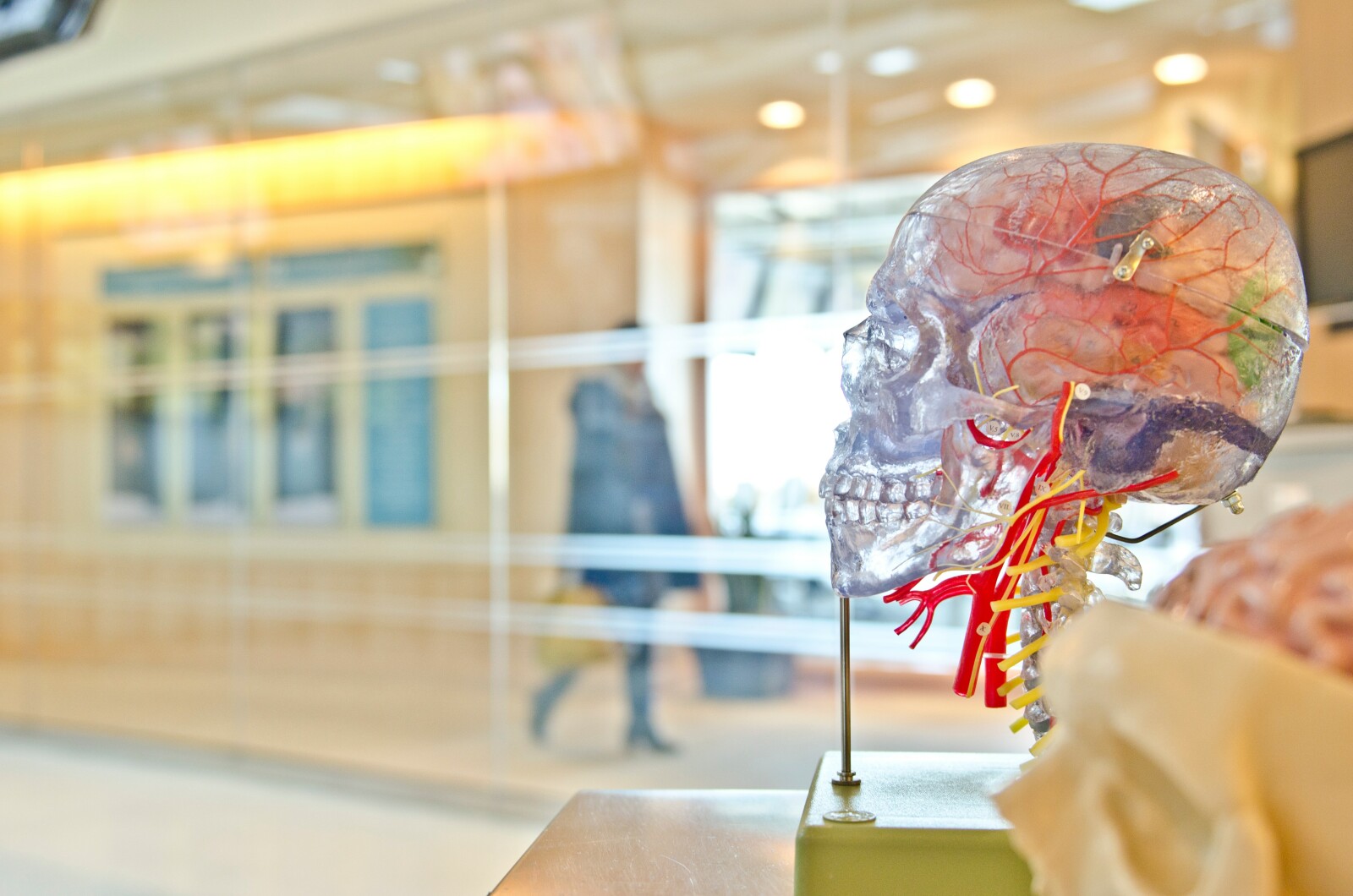
Have you ever felt like your head was going to explode? It's not just an expression; it's actually what can happen when you get a migraine. According to the Bible, God punished Adam and Eve for their disobedience by giving them headaches (Genesis 3:17). In addition to being painful, migraines can be debilitating and make it hard to concentrate or focus on anything else. But what exactly is happening in your brain during a migraine attack? Let’s take a look.
What Causes Migraines?
Migraines are caused by changes in the brain, but what causes those changes is still relatively unknown. Researchers have identified some potential triggers that can set off a migraine including stress, hormones, certain foods, weather patterns and even certain smells. Whatever the trigger may be, it causes the brain to release chemicals which lead to inflammation of blood vessels in the brain as well as other parts of the body. This leads to increased sensitivity in nerves throughout the body which can cause pain and other symptoms associated with migraines such as nausea, vomiting and light sensitivity.
The Role of Neurotransmitters
Neurotransmitters are chemical messengers that enable communication between nerve cells. These messengers help control how we feel emotions like happiness or sadness as well as physical reactions like pain or pleasure. During a migraine attack, several neurotransmitters are released which can cause further inflammation of blood vessels and increase sensitivity of nerve endings in the body. This leads to increased pain levels which can make it difficult to think clearly or focus on anything else while experiencing a migraine attack.
Neuronal Hypersensitivity
The combination of inflammation and neurotransmitter release can also lead to neuronal hypersensitivity which refers to an overactive nervous system that is more sensitive than normal. This heightened sensitivity can cause an exaggerated response from stimuli such as light, sound or smells that would otherwise not have any effect on someone who doesn't suffer from migraines. This explains why many people with migraines avoid bright lights or loud noises when they experience an attack as these things only exacerbate their symptoms even further.
The next time you feel like your head is about to explode due to a migraine attack, remember this article! While there are still many unanswered questions about what precisely happens inside our brains during a migraine episode, we now know enough about how chemicals interact within our bodies and our brains when we experience one so that we may better manage our pain levels when suffering from one – because after all there’s no need for us 21st century humans to suffer like Adam and Eve did! By His stripes we are healed. So if you’re experiencing frequent headaches accompanied by nausea or light sensitivity then don’t hesitate – reach out for help right away!
By the way, I've gone from 16 to 24 migraines days per month down to less than 1-1/2 by decreasing inflammation and less susceptible to these triggers. Does this still sound overwhelming - like how do I even start? There is a FREE 11 Day Jumpstart next month where it walks you through step by step and has easy to follow instructions to get you started (all you need is the vitamins and minerals that do the work). Click Here for details, leave a comment, and I'll get you in!















0 Comments